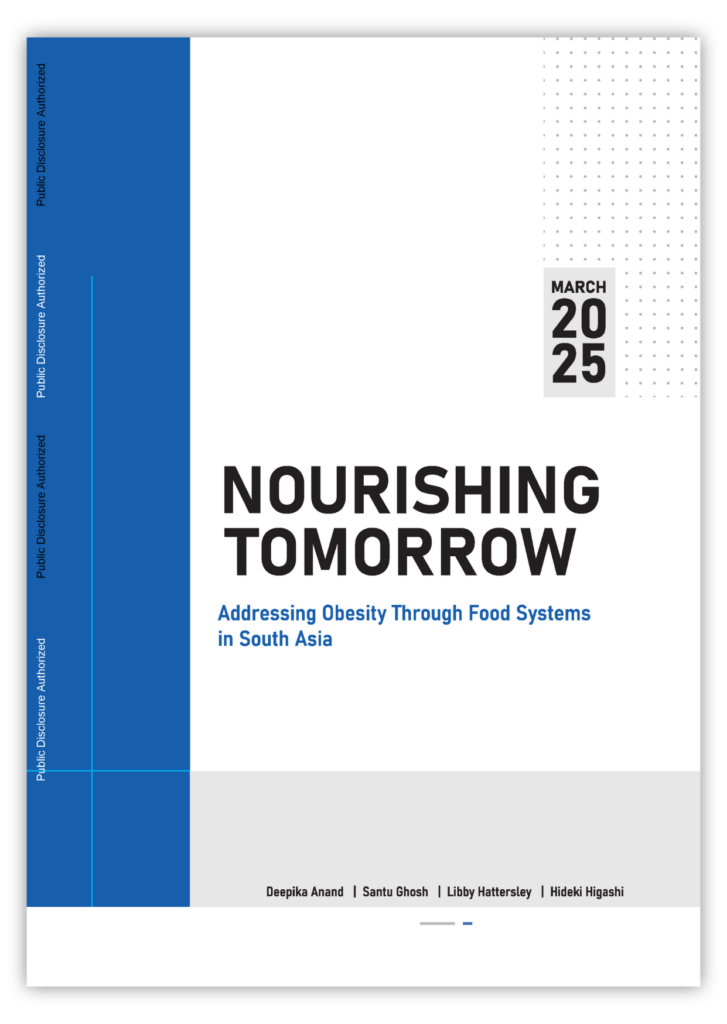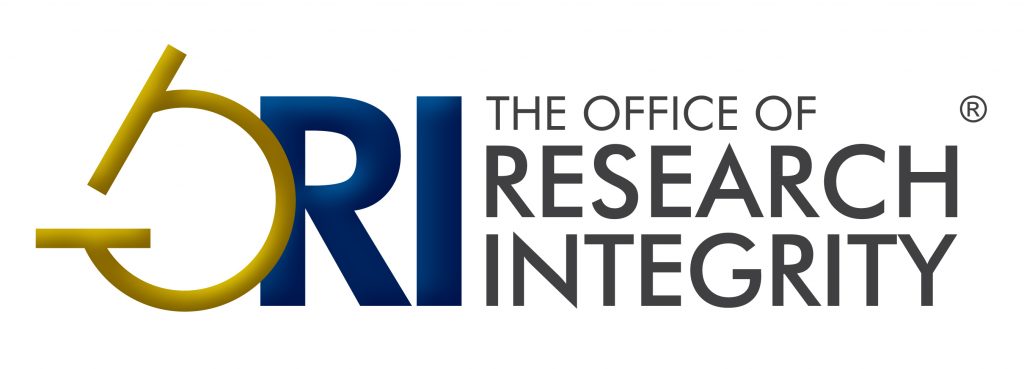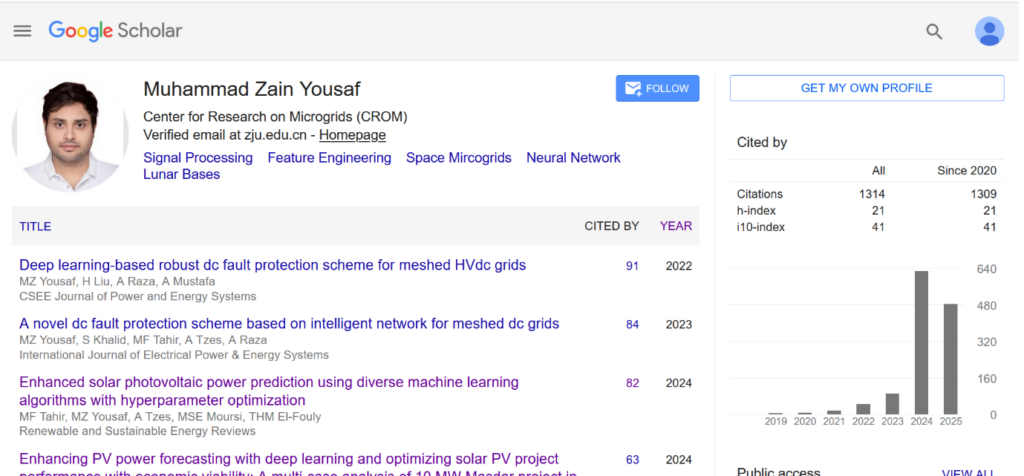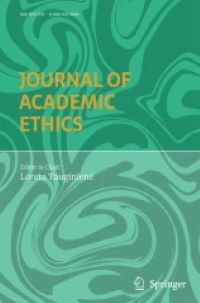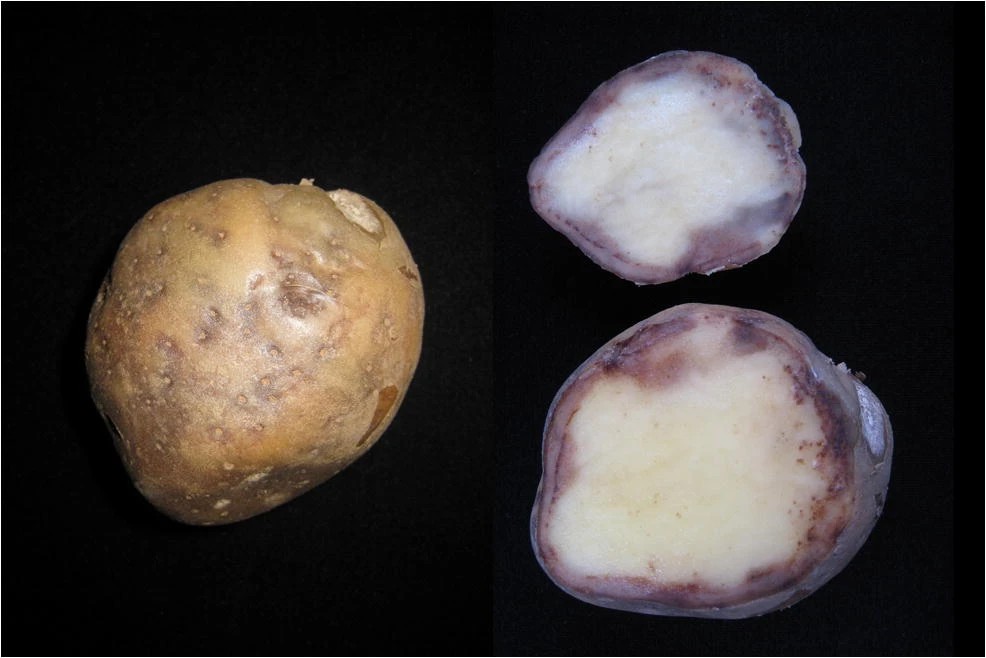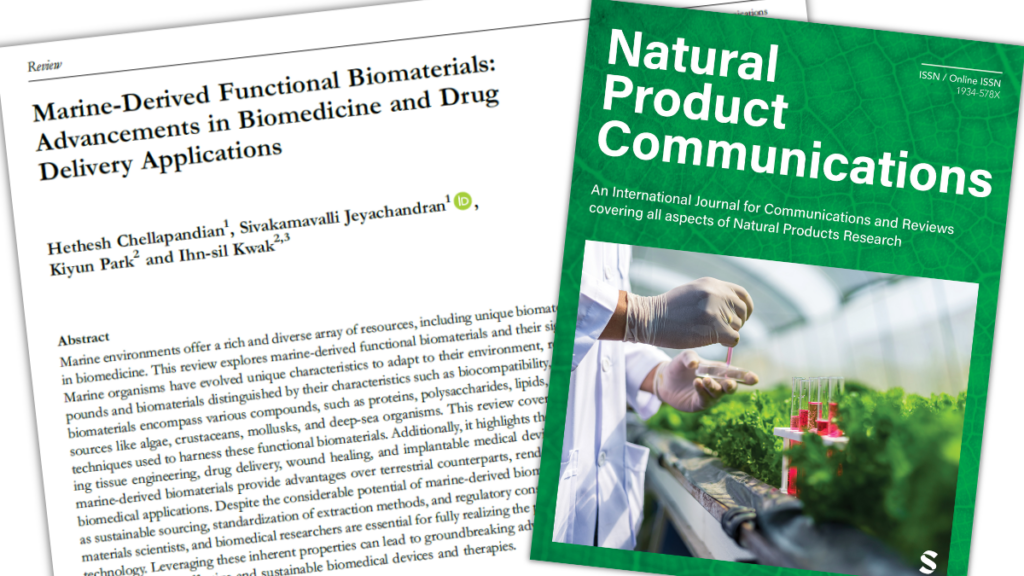
Earlier this year, Klaus Heese, a professor at Hanyang University in Seoul, noticed a review article he’d worked on had finally been published. But his name wasn’t on it, nor was that of another scientist who had also been involved in preparing the manuscript.
Instead, two professors Heese didn’t know had been added as authors on the paper, which appeared in June in Natural Product Communications.
Alarmed, Heese emailed Sivakamavalli Jeyachandran, an associate professor at Saveetha University in Chennai, India, and one of the corresponding authors of the article. Heese had received an invitation in 2023 to help with the review from a former collaborator, Arulmani Manavalan, who was working with Jeyachandran and her student Hethesh Chellapandian.
Continue reading Professor in India adds coauthors who ‘kindly covered’ publication fee, removes others